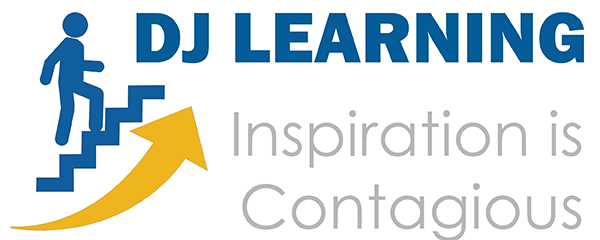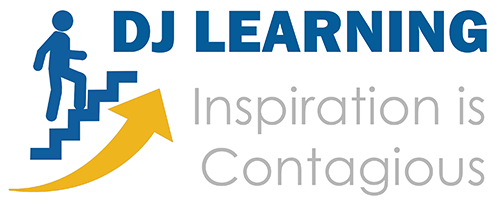With apparent increased reliance, we are supposed to have on technology, it has, for many of us become almost uncomfortable to ‘unplug’. If it’s not your laptop, it’s your tablet or your smartphone. If it’s not e-mail then Facebook, twitter or Instagram take over. The range of temptations, especially social media alternatives continues to increase. Of course, you can argue it’s a necessity to stay on top of all the various mediums of communication and social media; reality shows us that some employers expect us to be available and responsive for far longer than our contracted hours. Others believe that it takes a great deal of discipline to take a break from smartphones and Instagram and social media; to get a grip, retain a level of perspective around what life and human interaction are meant to be about.
As a society and as individuals, we need to decide whether technology controls us or we control it? What ever happened to trying to achieve a ‘Work-life balance’? Many of us have already discovered (me included) that each year passes increasingly fast and so the option to look back and regret quickly falls off a cliff!!!
Several very high-profile business people are now using (or have always used) ‘dumphones’. Examples of well-known and extremely successful leaders who have don’t use a smartphone include; Warren Buffet (Investor), Steve Hilton (Former Business advisor to David Cameron), Jerry Jones (Owner of the Dallas Cowboys) and Stephen Schwarzman (Private equity form CEO). Many reasons are given for adopting this approach, including; use of their phones just to talk, increased productivity and data security.
Julian Dunkerton (Chief executive of clothing company Super group) said in an article on Entrepenuer.com that not using a smartphone meant ‘I’m not bombarded with e-mails every minute, allowing me to deal with the crucial stuff’
In one article on time.com a PHD student said ‘If I had a toy with internet attached to myself I would cease to exist in the world’.
In the same article a different millennial said that they work around not having google maps, by just printing out directions before making an unfamiliar journey.
Recently Oliver’s smartphone became unusable (battery issues). He reverted to his old Nokia which has survived backpacking in Australia and 2 works trips to India. Now the battery lasts for days and he admits to being less distracted by, for example, trivial social media notifications and alerts. Overall, Oliver found the whole experience largely positive- he remains on top of his work, whilst managing his technology to greater effect. For Oliver, being able to ‘unplug’ certainly has advantages.
I have learnt, in some cases the very hard way, that there are times when those you are with deserve your full and undivided attention. Anything less, in my view, is and never should be acceptable. Loved ones and close friends for example; quality time is impossible if your mind is partly distracted by technology.
In a work context, I can recall many times when meeting with Senior Line Management (who are supposed to have an element of dependency and reliance on us) when they have been very obviously in several different places at the same time……laptop on, call interruptions…. multi-tasking is an inevitability; however, it comes with risk!!
We all need to be pragmatic and accept the reality that A.I. is here and will take an ever-increasing role in our professional and personal lives. Workplaces will continue to be revolutionised. Some for example car manufacturing and back office processing in many sectors already are. I was reading only last week that in Silicon Valley coffee barristers have been replaced by robots, who evidently deliver better tasting coffee far more quickly!! It seems that co-habitation is the way forward. All of us need to explore the skills we have and need to continually develop to embrace the new paradigms of A.I. These include; enjoying an environment of relentless change; the ability to establish and build collaborative stakeholder relationships; effective problem solving; playing a key role in high performing teams; the ability to understand and manage data/information.
Time for reflection, a pause for breath and then to look forward and relish the challenges of the new world.
‘Nothing is impossible if you believe’
Very best wishes,
David and Oliver.




